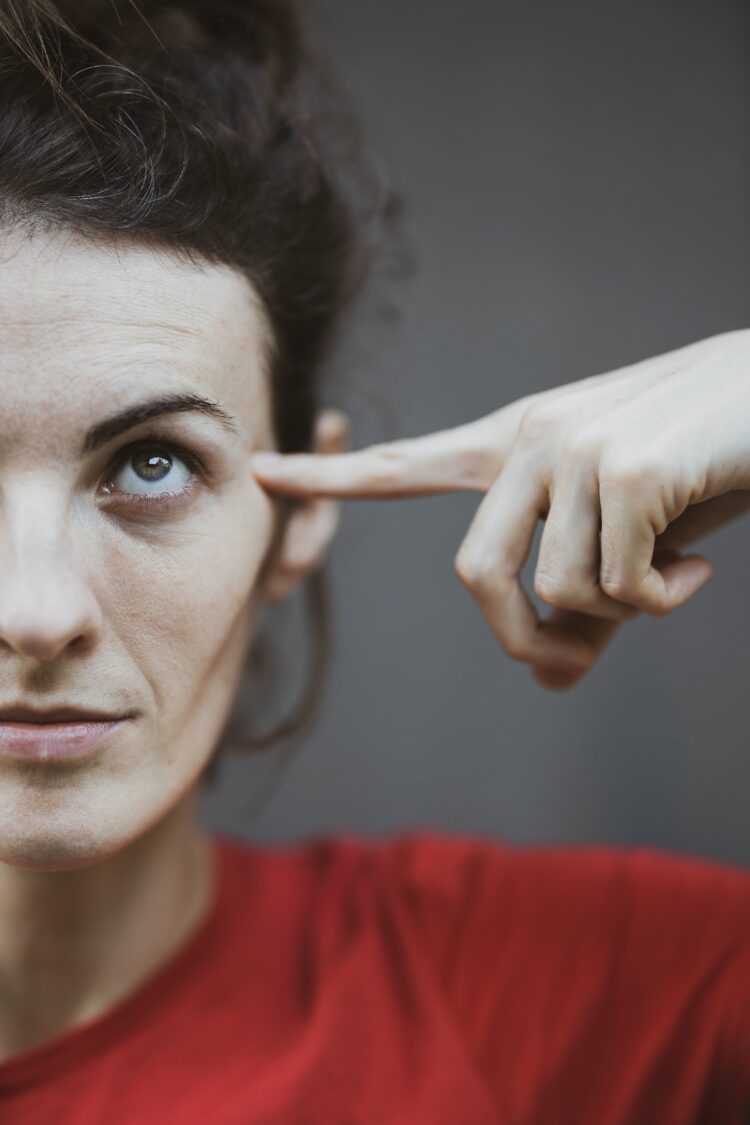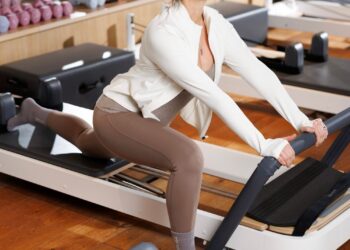If you have been grappling with frequent headaches and migraines these past few weeks, you’re not alone

It’s easy to explain away headaches during lockdown, because let’s be honest, it’s all a bit of a headache. With everyone at home, long queues at the supermarket and chemist, and just the news in general, it is completely understandable to feel worn out from it all. But you may be alarmed if you have been experiencing a noticeable increase in the amount of headaches you have had during lockdown. If you’re concerned talk to your GP, but it’s also worth considering whether these situations in lockdown are contributing to your headaches and migraines.
Exercise
If you’ve taken up running in lockdown, that could be the reason you are getting a headache. Being active can prevent headaches, but those new to exercise can suddenly start to experience them. Known as exertional headaches, they are provoked by strenuous physical activity. You may not be giving Sonia O’Sullivan a run for her money, but running is still considered strenuous on the body. Exertional headaches feel like a pulsating sensation rather than a sharp pain. They can be caused by dehydration, the change in blood flow associated with exercise, and the resulting release of hormones. But don’t be put off, as the headaches should ease up once your body grows accustomed to being more physically active.
Relaxation
Yes, really. It is so unfair when, at the end of a stressful week at work and you finally have some down time at the weekend, a migraine hits you suddenly, disrupting your Saturday. This may seem counterintuitive, to get a stress-induced migraine when we start to relax, but it’s true. Some migraine sufferers experience headaches when they eventually start to unwind, as they have allowed stress and tension levels to build up until that point. The hormone cortisol rises during periods of stress, reducing pain, and when that starts to abate when you subsequently relax, it leads to a headache. This is known as the letdown effect, according to this 2014 study. This is why it is important to manage stress during intense periods, rather than letting tension in the body build up until we ‘have time’ to relax. Stress management techniques like yoga, meditation, walking and exercising are vital for coping with stress. Try DIY acupressure to relieve stress at home.
Painkillers
Medication overuse headaches are a real phenomenon that can put you in a difficult cycle with your headaches. Taking a painkiller occasionally to treat a headache is perfectly fine. They work with your body’s natural painkilling chemicals. But if you take painkillers for headaches more than three or four times a week, the body starts to shut down its own production of those chemicals. You will start to experience headaches more often, as you experience withdrawal headaches, getting into a cycle. If you think this is the root of your frequent headaches, speak to your GP.
Grinding your teeth
It’s down to stress, again. Grinding your teeth at night because you’re stressed creates a build up of tension in the jaw, neck and face, that can contribute to headaches. The best way forward is to ensure you make time for stress management techniques, which tends to be something we all tend to let fall to the wayside when we’re really busy. So fit in exercise, breathing exercises and walks, even when you feel like you don’t have the time. Speak to your dentist about getting a mouthguard to protect your teeth at night too.
Working from home
The length of this lockdown situation took us all by surprise, and chances are when you were packing up your things on that last day in the office, you didn’t think it would be so long before you sat at that desk again. That means a lot of us have been making do at home, working from the couch, the kitchen table or even using an ironing board as a desk. Slumping at an inefficient work station affects our bodies significantly. Your shoulders hunch, your neck is compressed and your chin juts out unnaturally as you gaze at your screen. Any kind of bad posture can lead to build up of tension that leads to headaches. Make sure you have a supportive chair, that your screen is at the correct height, and make sure you’re sitting up properly throughout the day. Lighting is important too. You may not miss the harsh fluorescent office lighting, but make sure your workstation is properly lit to prevent straining your eyes and causing a headache.
Main image: Engin Akyurt from Pexels








